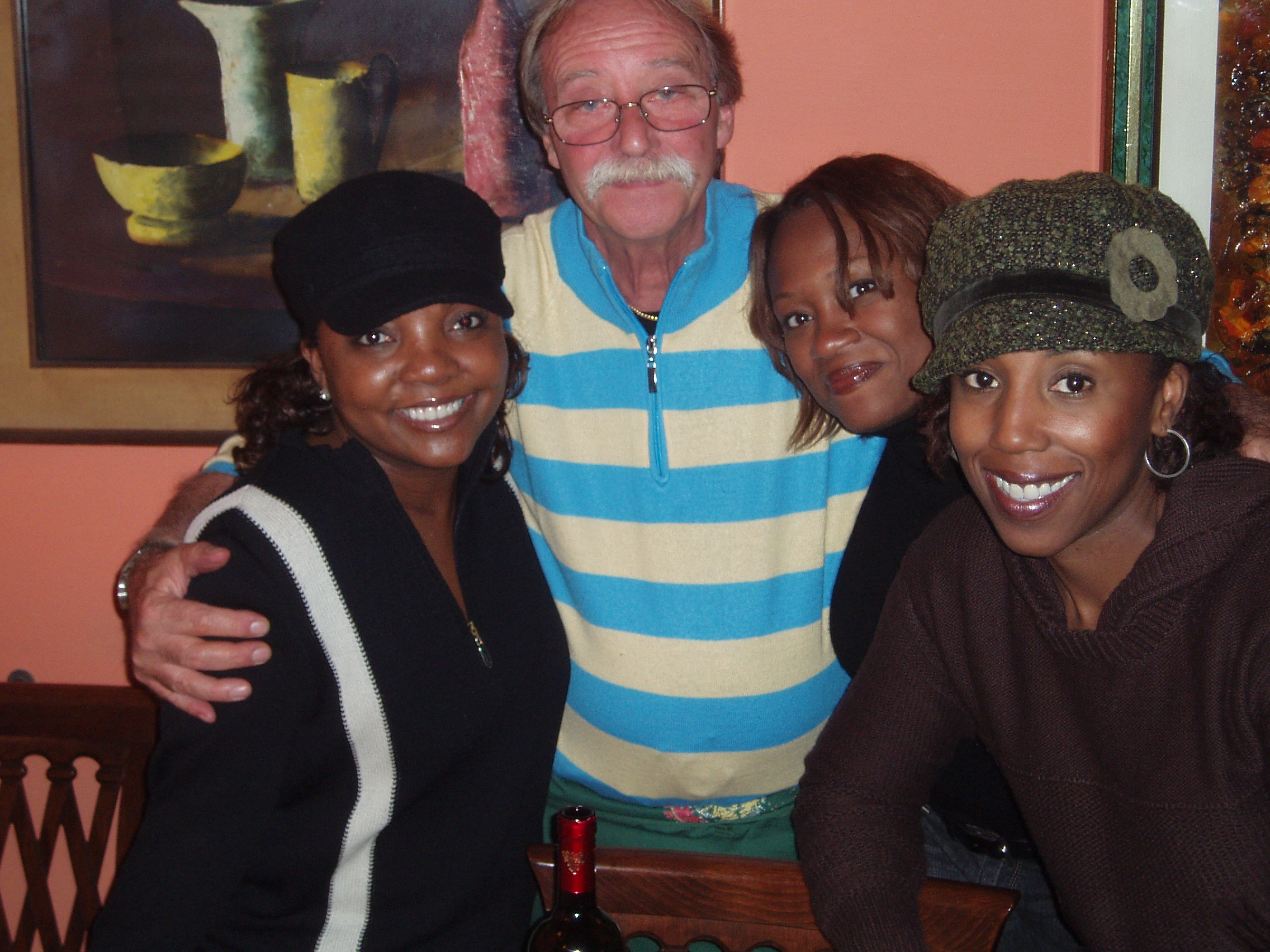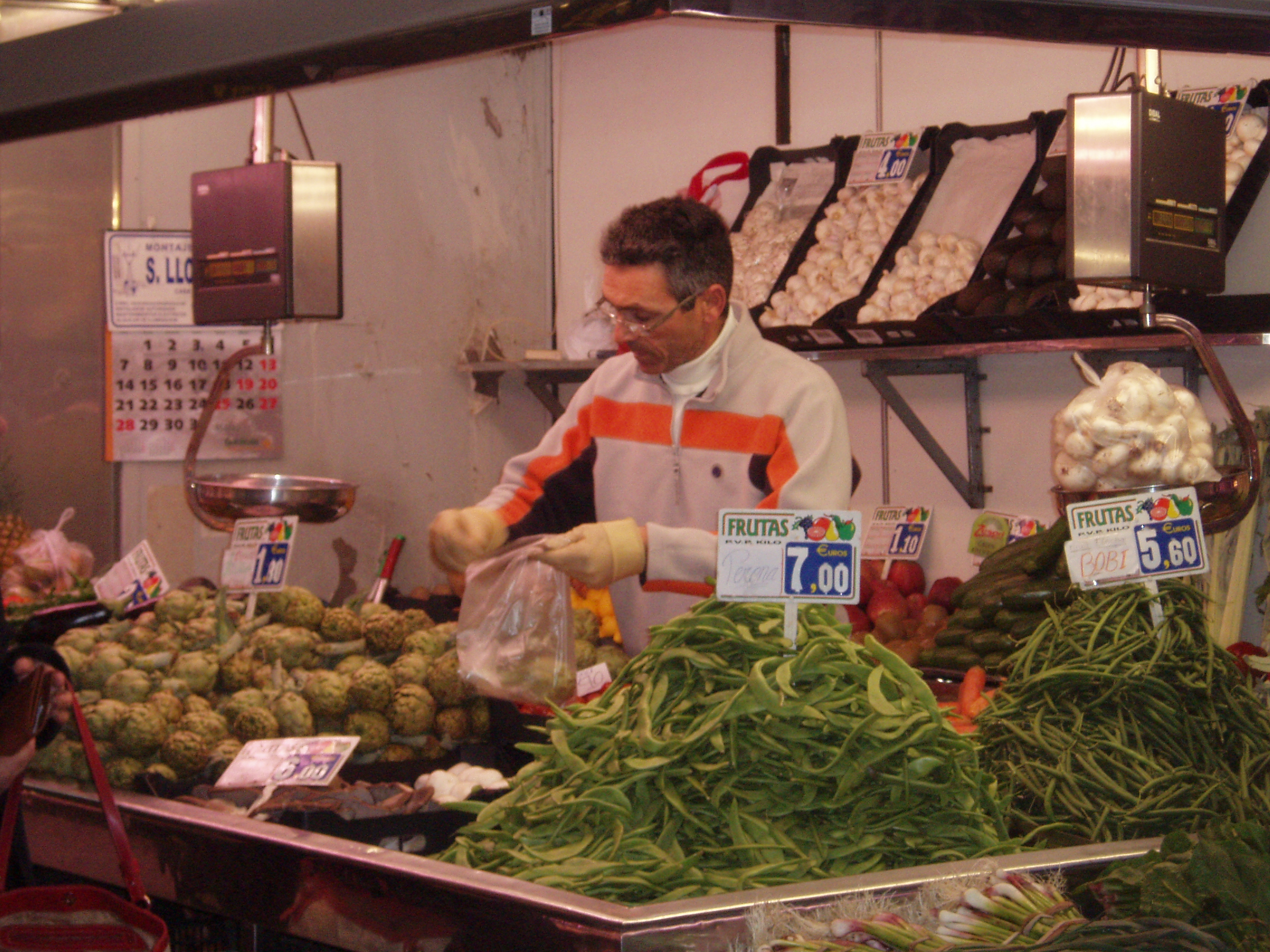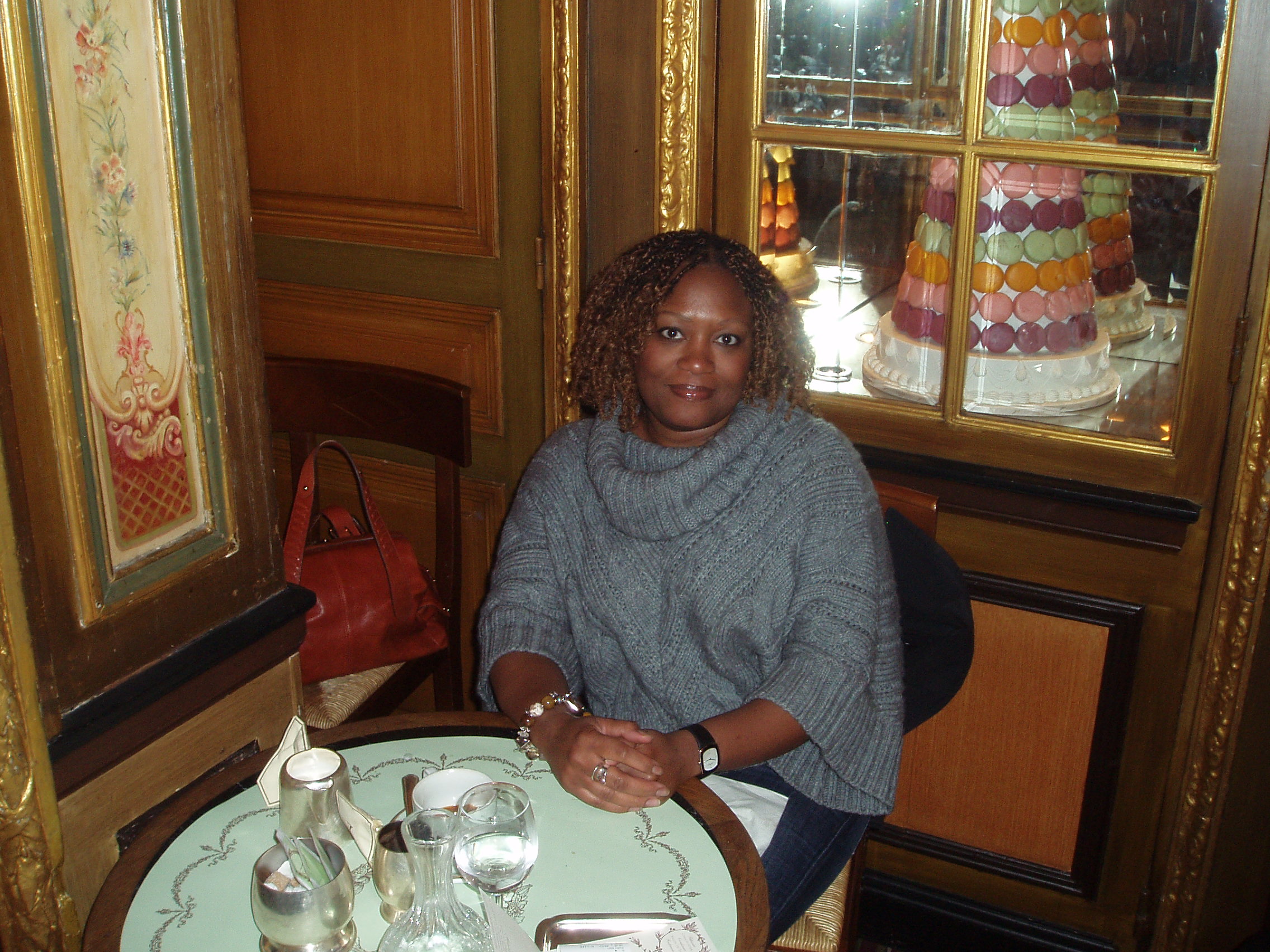


At the recent Travel Blog Exchange conference in Chicago, a fellow blogger and I found ourselves discussing why African-American women—even those with the financial means and interest in traveling abroad—don’t do it more often. I often think about this, as I always feel it would be GREAT to see more sisters when I’m running around Italy or Spain either in a group or solo.
For many of us, it’s fear of the unknown. We don’t speak the language; we don’t know anyone in the country we’d like to visit. But in countless conversations I’ve had with African-American women over the years, it comes down to wondering how we’ll be perceived as black people. Even without realizing it, being black in America—whether dirt-poor, comfortably affluent like “The Cosby Show” Huxtables, or “movin’ on up” like the Jeffersons—means wearing the subconscious burden of potential discrimination on our backs like the latest designer dress.
Any time a salesclerk at a store is slow to help us, we often assume it’s because we’re black. Get a bad table in a restaurant? The hostess must be a bigot. Living in America, we spend more time than we’d like to admit wonder when the legacy of centuries of racism will smack us in the face. So there’s little wonder that when we DO leave the United States those of us who can afford to travel would rather jet off to the Caribbean, where islands teem with brown-skinned folks just like us, rather than potentially inviting discrimination (and in languages we don’t understand, no less) by flying off to Europe or South America or Australia.
But after countless trips abroad, I’m convinced that one reason we sisters sometimes feel we’ve been slighted overseas is because we don’t understand “how to be” (I’m borrowing this phrase from the book penned by author and Ebony Magazine Creative Director Harriette Cole) or understand how other folks ARE.
I think about a trip to Paris some years ago with two close girlfriends, when we often found ourselves stared at by Parisians in bistros and on trains. We laughed and talked loudly everywhere we went; after a meal, we’d whip out our compacts and lipstick and powder at the table. I figured those Parisians just couldn’t keep their eyes off these three beautiful black sisters out on the town. I later found out—probably years after the fact—that French women rarely reapply cosmetics in public. Instead, they slip out to the toilette to prettify themselves. And in a country where privacy is prized, conversations—even animated ones—are kept to a much lower decibel so that an entire room isn’t privy to a stranger’s every word.
That’s why I love Ricki Stevenson of “Black Paris Tours.” Besides showing folks on her half- or full-day tours where Josephine Baker, James Baldwin, and Richard Wright used to live, write and perform, she ALWAYS gives a little social primer first. She advises her guests to say, “Bonjour, madame” or “Bonjour, monsieur” upon entering a store or restaurant, and to always say “Au revoir” upon leaving. It seems like a small thing, but it’s HUGE to French people who pride themselves on their civil society. And like it or not, we do represent “our people” and our country when we travel abroad, so why not become positive ambassadors while we’re there?
But back to the confab between my fellow Travel Blog Exchange seatmate and me. She told me about some black friends who’d recently visited Paris and came home feeling they’d been ignored and treated rudely by the French. But she and I wondered: Did they do the small things, acknowledging the salesclerks when entering and leaving a store? Did they walk right into boutiques or up to a food market and start touching the merchandise without first asking permission? (I know—it sounds foreign to us in the States, but that’s what EVERYONE does in countries like Italy and France as common courtesy.) Did they at least TRY to speak a few words of French before launching into questions in English? (But Lord knows it’s not just us black folks guilty of doing that overseas!) And did they realize that just because waiters don’t hover over your table or return frequently as they often do in the States, they’re not being rude but giving you unhurried space in which to slowly savor your meal?
Just as we don’t like it when foreign tourists stand too close to us on American buses and streets, we should do a mental role-reversal when we travel to OTHER folks’ lands and try to find out what’s appropriate and what’s not before we board that plane overseas. Now if we TRULY feel we’ve been discriminated against, then we should by all means speak up and complain. But let’s not automatically assume that every perceived slight has a racial tinge to it. A little understanding can go a long way to shrinking global differences—and to ensuring that your trip abroad is a fabulous one!
I’d love to hear from you: Have you ever unwittingly found yourself violating some “social code” overseas? How did you find out that your behavior was outside the norm—and were you able to change it during that trip? We’ve all been there, so please share!

